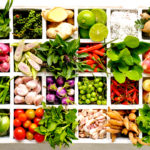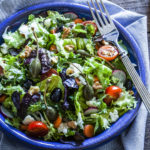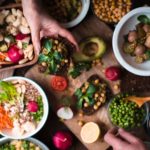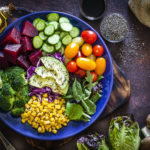Is My Vegetarian Teen Getting Enough Protein?
My 16-year-old daughter has decided to stop eating animal protein, including fish. I worry about her protein intake. I have been buying tofu, protein drinks, etc., but she seems to just want to eat pasta and veggies.
Andrew Weil, M.D. | June 7, 2020
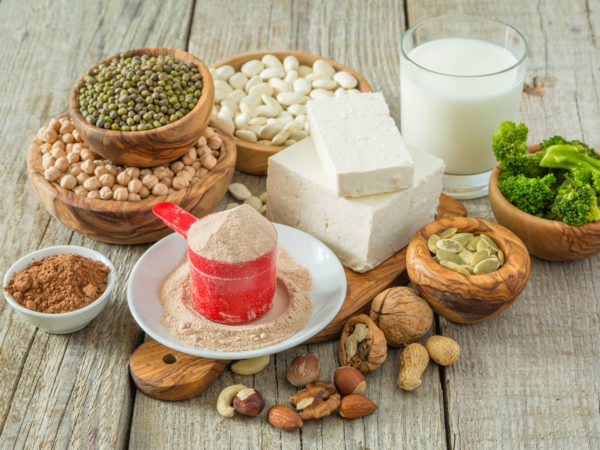
An estimated two percent of U.S. children and teens are vegetarians. And many parents worry that their kids aren’t getting enough protein. According to the Academy of Nutrition and Dietetics, vegetarian teens should consume 2,270 calories daily, including 112 grams of protein, 292 of carbohydrate, 72 grams of fat and 1,200 milligrams of calcium.
Vegetarians fall into four major categories:
- Ovo-vegetarians who eat eggs but no meat
- Lacto-ovo-vegetarians, who eat dairy and egg products but no meat
- Lacto-vegetarians, who eat dairy products, but no eggs or meat;
- Vegans, who eat only plant-based foods.
I wouldn’t worry that your daughter isn’t getting enough protein. It is easy to get adequate protein from beans and legumes, soy nuts, seeds and whole soy foods. Some soy burgers are quite tasty. You are on the right track with suggesting soy milk or tofu, tempeh, edamame or soy nuts. I hope that she will try and enjoy them.
Most people in our society actually eat far too much protein. You don’t have to worry that your daughter isn’t getting enough as long as her hair and nails are growing, and her wounds heal.
If she won’t try protein drinks or tofu, you might suggest that she eat (in moderation) something that might be more appealing to her – such as peanut butter (a natural brand that does not contain hydrogenated fat) or, better yet, almond butter which has a better kind of fat.
In addition, if her diet excludes animal foods, you should advise her to take a daily supplement of 100 mcg of vitamin B12.
Be aware that teens also have relatively high iron requirements that can be easily met if they eat a varied diet – good sources include apricots, raisins, spinach, all types of beans, breads and cereals. The iron in these foods will be better absorbed when combined with foods containing vitamin C such as citrus fruits and juices, broccoli, and tomatoes. Getting adequate calcium is another concern during the teen years, but your daughter should be able to get plenty from green vegetables, including collard greens, mustard greens and kale, calcium-fortified soy milk and orange juice and tofu processed with calcium sulfate.
Vegetarian teens need to watch their intake of certain vitamins and minerals. According to Stanford Children’s Health, each day, they need:
- 2.4 micrograms (mcg) of vitamin B12 (in dairy products, eggs, and vitamin-fortified foods)
- 400 IU of vitamin D (in dairy products and fortified foods)
- 1,300 mg of calcium (in dairy products, green leafy vegetables, broccoli, chickpeas, and fortified foods)
- 46 to 52 grams of protein (in dairy products, eggs, tofu, nuts, and dried beans)
- 11 to 15 mg of iron (in dried beans, whole grains, green leafy vegetables, and fortified foods)
- 12 mg (girls) to 15 mg (boys) of zinc (in wheat germ, nuts, legumes, and fortified cereals).
If you can help your daughter understand the importance of eating a varied vegetarian diet, you will have little to worry about. Such a diet is much healthier than the average American diet and will provide your daughter with more than enough protein.
Andrew Weil, M.D.
Source:
Silvia Rudloff et al “Vegetarian Diets in Childhood and Adolescence : Position Paper of the Nutrition Committee, German Society for Pediatric and Adolescent Medicine (DGKJ),” Molecular and Cellular Pediatrics, November 12, 2019, DOI: 10.1186/s40348-019-0091-z


